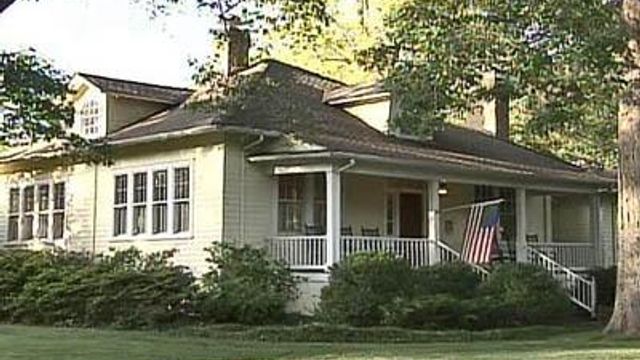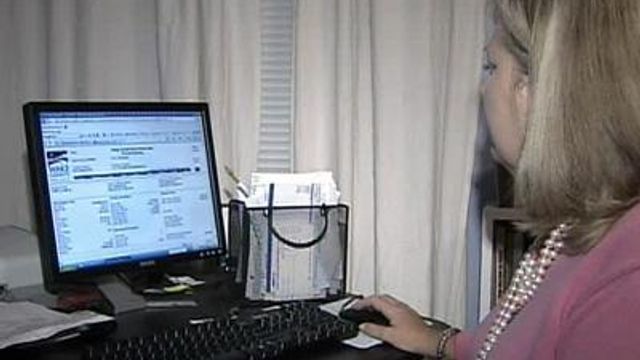Jump in Wake Property Values Averages 43%; Tax Bills Could Follow
Wake County homeowners may have one less thing to be thankful for as officials are preparing to distribute property revaluation notices.
Posted — Updated"Over time, you need to bring this back in line (as to) who pays the tax burden," Curl said.
Homeowners whose property increased in value less than 25 to 30 percent in recent years will likely see little change in their annual tax bill, Curl said. But some neighborhoods could see hefty tax increases because of skyrocketing property values, he said.
The first time property owners look at their revaluation, they may want to be sitting down.
"’Your thinking right now is?’ I am going to have a heart attack and die,” said property owner Jane Temple as she looked at her tax assessment online.
"Everyone knows that we are growing, and as we grow, the availability of the land shrinks. You're creating a shortage of supply, and therefore, prices are rising fairly dramatically," he said.
Chip Ackerman lives inside the Interstate 440 Beltline and his property value went up 65 percent.
"Whew, it is a bummer, but something we have to accept. There is nothing we can do about it,” Ackerman said.
"In a situation like this, you have to stop and think about what you're doing to the homeowners. I don't think you want to make up that entire difference in one big step," he said.
Wake County properties are revalued every eight years. While home values go up, the tax rate is typically decreased to keep tax bills from skyrocketing.
A committee recently suggested more frequent updates to property values and not decreasing the tax rate to create additional revenue.
“I think it will be done more often. I think it’s the fairest way to treat the taxpayers of Wake County. I think we do need to appraise values more frequently,” said Tony Gurley, the chairman of the Wake County Board of Commissioners.
Over the next 25 years, such a change could raise more than $2 billion to help the county meet growth needs.
• Credits
Copyright 2024 by Capitol Broadcasting Company. All rights reserved. This material may not be published, broadcast, rewritten or redistributed.






